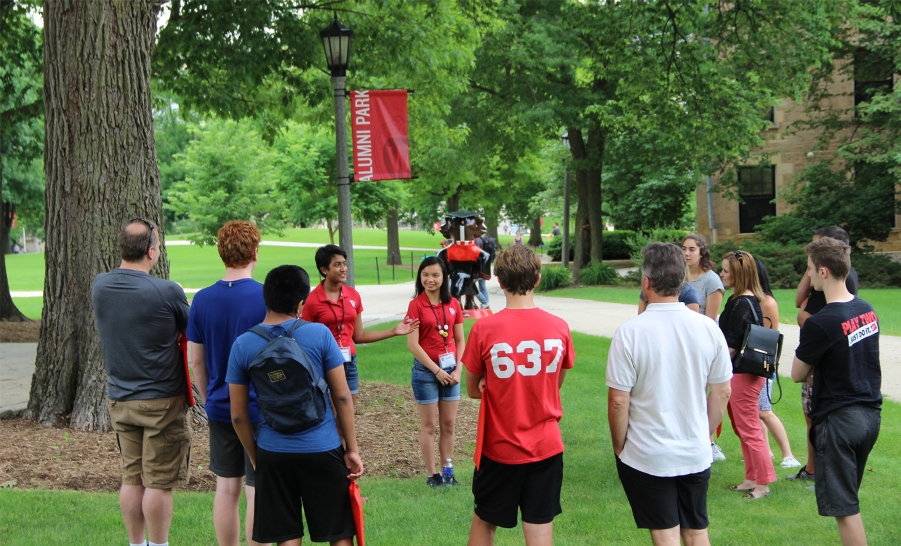FirstGen Forward announces new Network Leader institutions
Twenty new schools selected for commitment to advancing the success of first-generation students
Cutler White / Open Journal of Social Sciences / June 2022

Low wealth and first-generation high school graduates face many information barriers in accessing college information. Most of these students attend public high school without sufficient high school counselor staff and information resources to support college going. Further, limiting information about college to one location such as the high school excludes supports from the community. The purpose of this participatory action research (PAR) study was to investigate an alternative to the high school centric model of college access service delivery with a goal to reduce barriers to college information to improve social mobility. This paper first presents background on the challenge of college access and the theoretical framework guiding the study. Next the paper documents the participatory action research study examining how a community came together to create an action plan to increase college going and attainment. The PAR process engaged ten students and four adults in a rural high poverty Mississippi Delta community through photovoice and Q methodology. The community identified locations for outreach and noted the importance of trust in the institution and persons delivering the college access services. The resultant action plan created a roadmap and guide for community action. The study has implications for social mobility and the design of college access outreach and programs. Implications for communities considering college access outreach programs are provided. Policy implications are outlined including the need to fund sufficient planning time to enable low wealth and minority communities to design and plan social mobility programs.